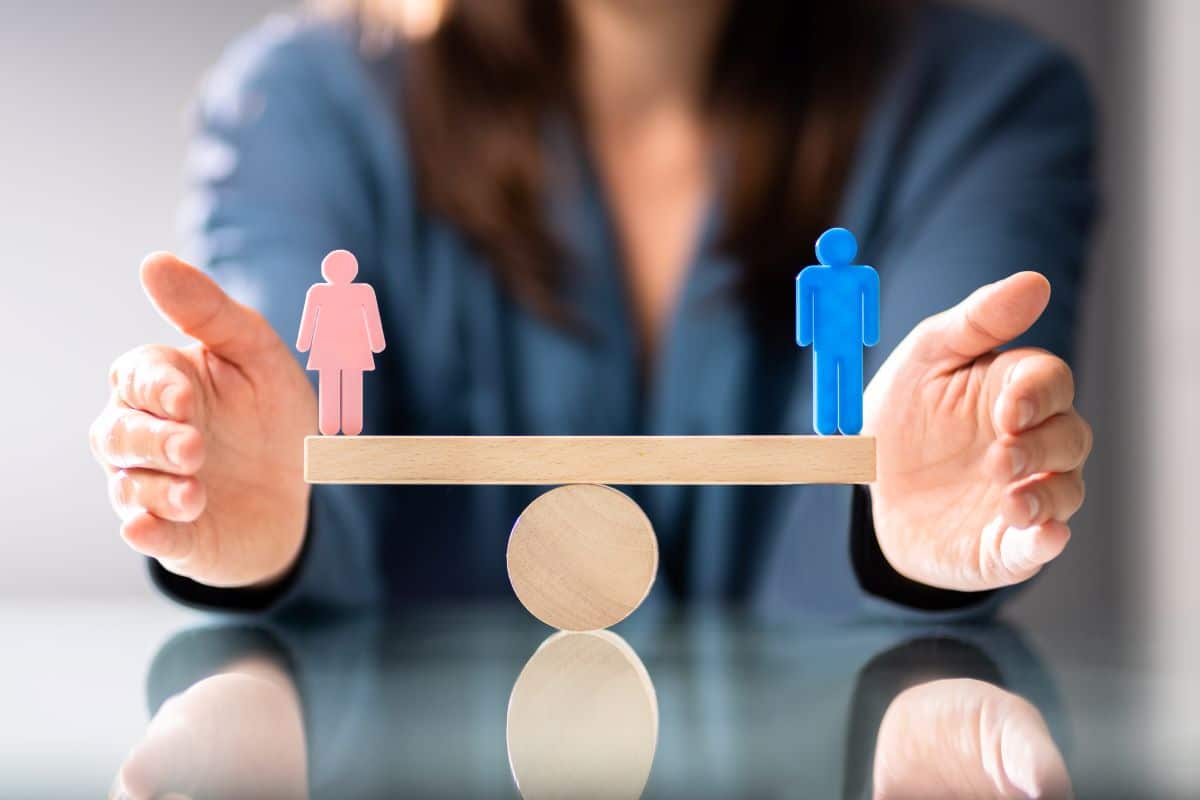The debate over gender identity is more relevant than ever. Is the traditional binary view of gender adequate, or does reality demand a broader perspective? Join the conversation.
For: Expanding Understanding

Gender isn’t just about biology. It’s a complex interplay of culture, identity, and personal experience. Recognizing more than two genders isn’t a new concept; many cultures have done so for centuries, which shows that the binary is not the only way to define gender.
Against: Biological Foundations
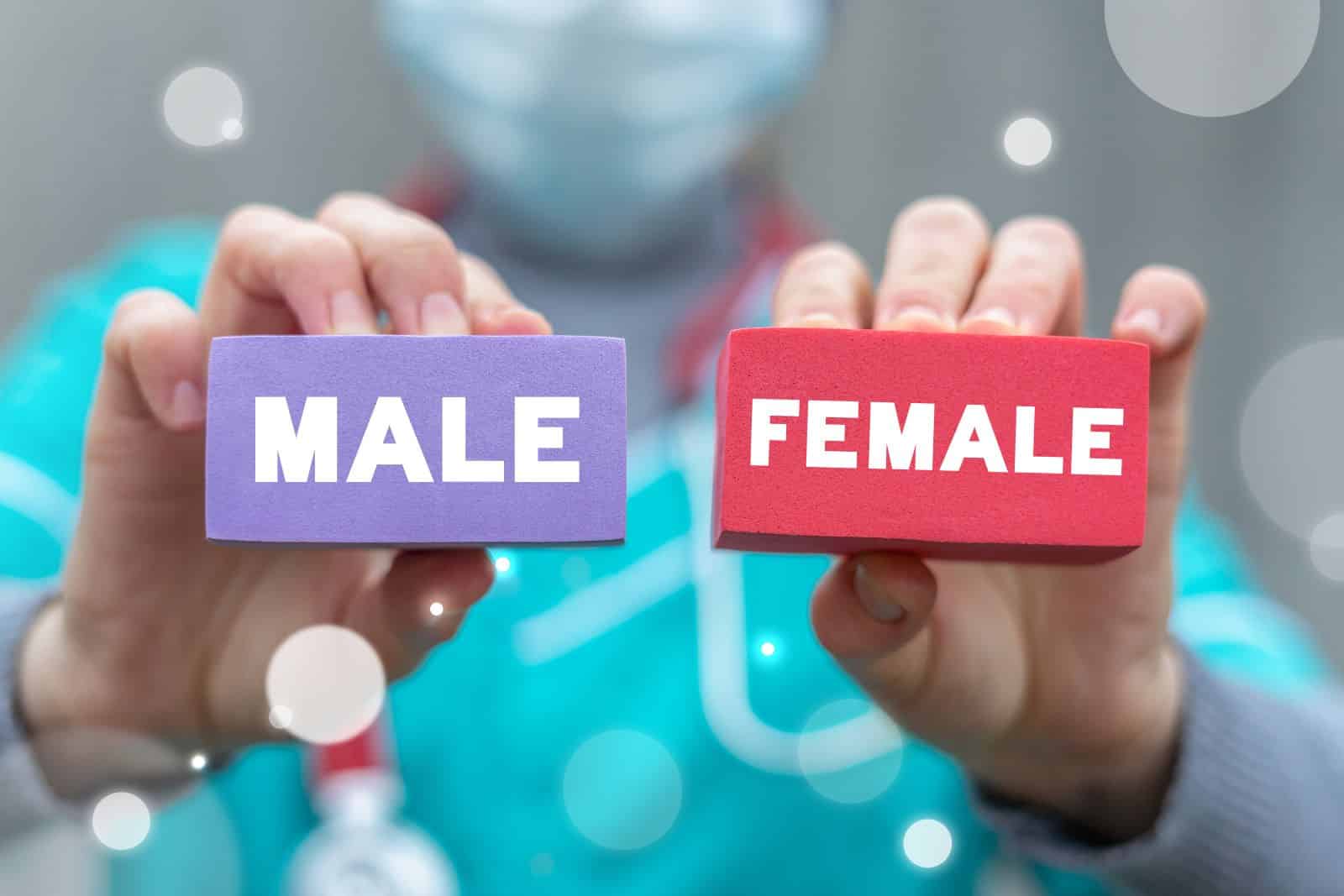
But you can’t overlook biology. Gender, for the vast majority, correlates directly with biological sex. This binary division is rooted in reproductive functions and has structured human societies for millennia. Isn’t there a risk that we complicate things unnecessarily by adding more categories?
For: Non-Binary Identities

But what about those who don’t fit this binary mold? Non-binary, genderqueer, and other identities are increasingly visible and recognized. This isn’t about complicating things; it’s about acknowledging the reality of many people’s lives and their psychological well-being.
Against: Legal and Social Systems

I see your point, but think about the practical implications. Our legal, health, and social services are built around the gender binary. Introducing multiple gender identities could make these systems overly complex and harder to manage.
For: Mental Health Benefits

The benefits, however, outweigh the complications. Validating someone’s gender identity can vastly improve their mental health. Isn’t the role of society to evolve and make all its members feel recognized and supported?
Against: Resistance and Tradition

That evolution can be slow and meet significant resistance, especially from traditional and religious communities. Changing foundational societal concepts can destabilize social norms and values that have been in place for generations.
For: Historical and Cultural Precedence
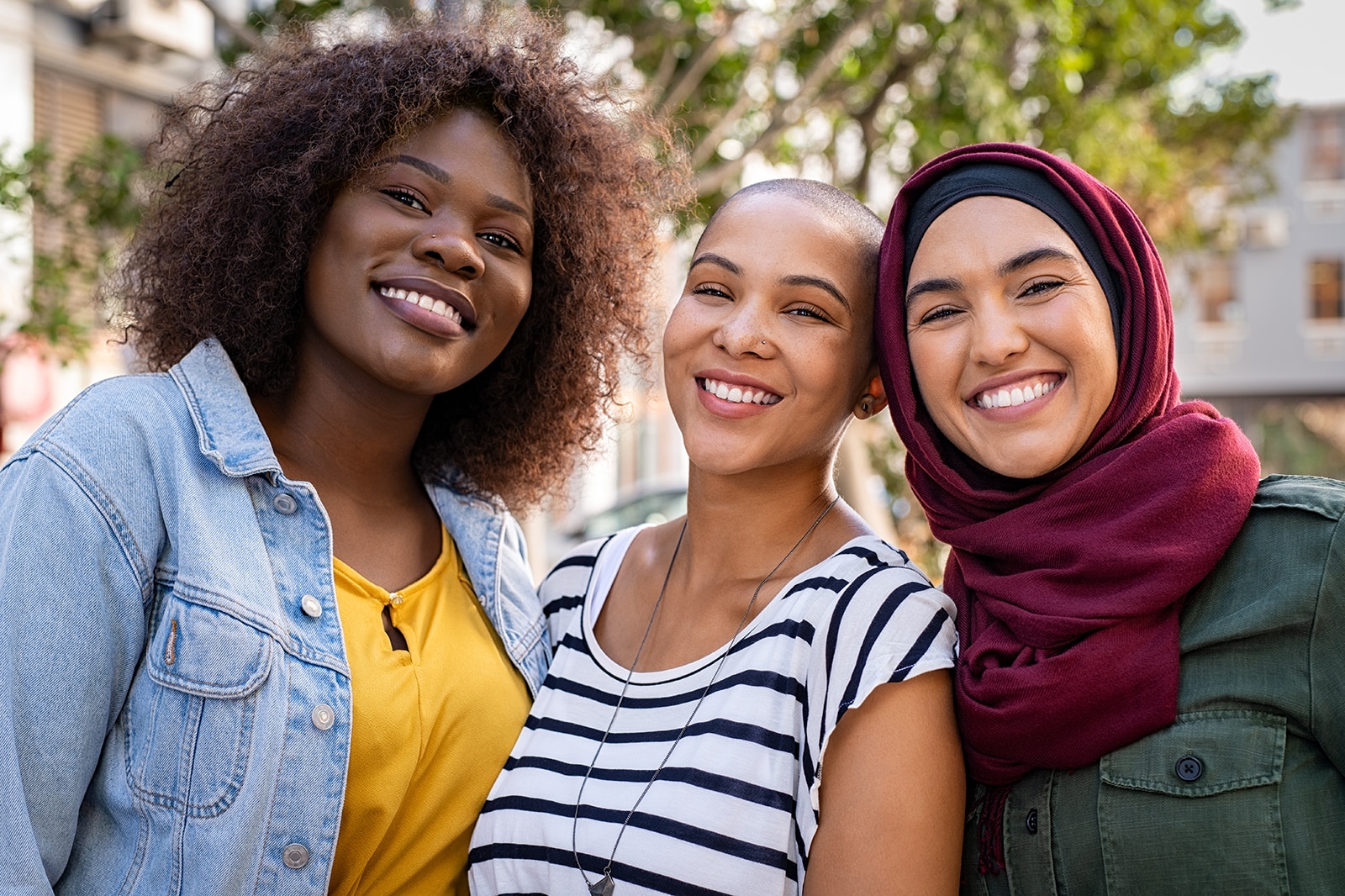
Yet, many societies with a historical precedent for recognizing more than two genders managed quite well. They incorporated multiple gender roles seamlessly into their social fabric, showing that a multiplicity of recognized genders can enrich a culture rather than destabilize it.
Against: Public Discourse Complexity

It’s true those societies exist, but on a larger scale, adding more genders could confuse public discourse. It can dilute the effectiveness of communication about gender issues when the public isn’t sure how to address or understand them.
For: Human Rights and Expression
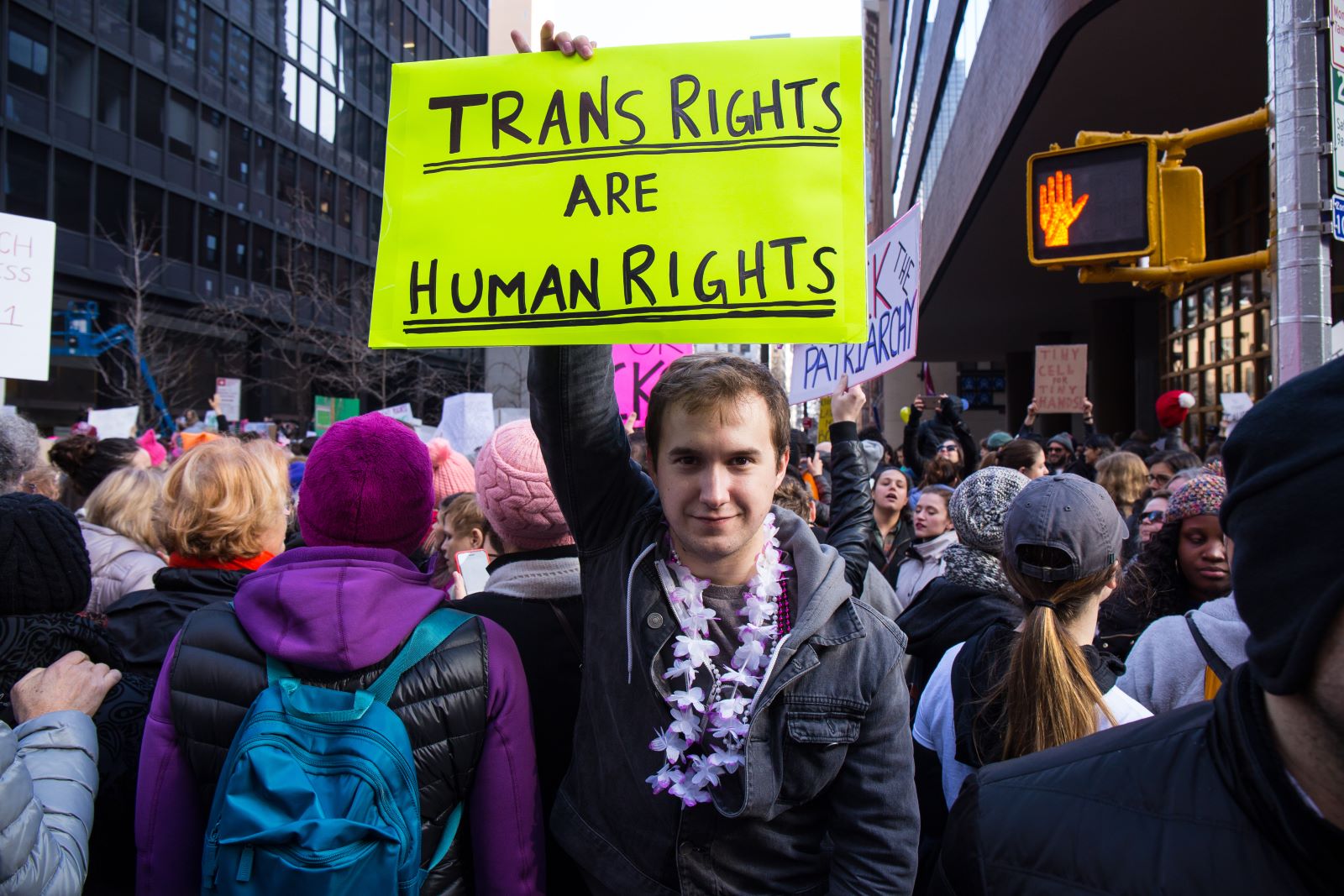
Isn’t the essence of democracy and freedom to allow individuals to express themselves as they truly are? Limiting gender expression is like denying a fundamental human right. We should be moving towards a more inclusive society, not clinging to outdated norms.
Against: Increased Discrimination Potential

With greater complexity might come greater discrimination, particularly against those who adopt less recognized or newer gender identities. Society might not be ready to accept and protect these individuals adequately.
For: Enhancing Diversity

Embracing a variety of gender identities enriches our communities by fostering diversity and creativity. It allows people to live authentically, which can lead to higher productivity and well-being.
Against: Resource Allocation

Expanding gender categories could complicate the allocation of resources in areas like public health, education, and social services, where gender-specific data is crucial for planning and implementation.
For: Global Perspective

Globally, recognizing multiple genders helps align us with international human rights standards and promotes a more nuanced understanding of gender that transcends cultural boundaries.
Against: Identity Politics
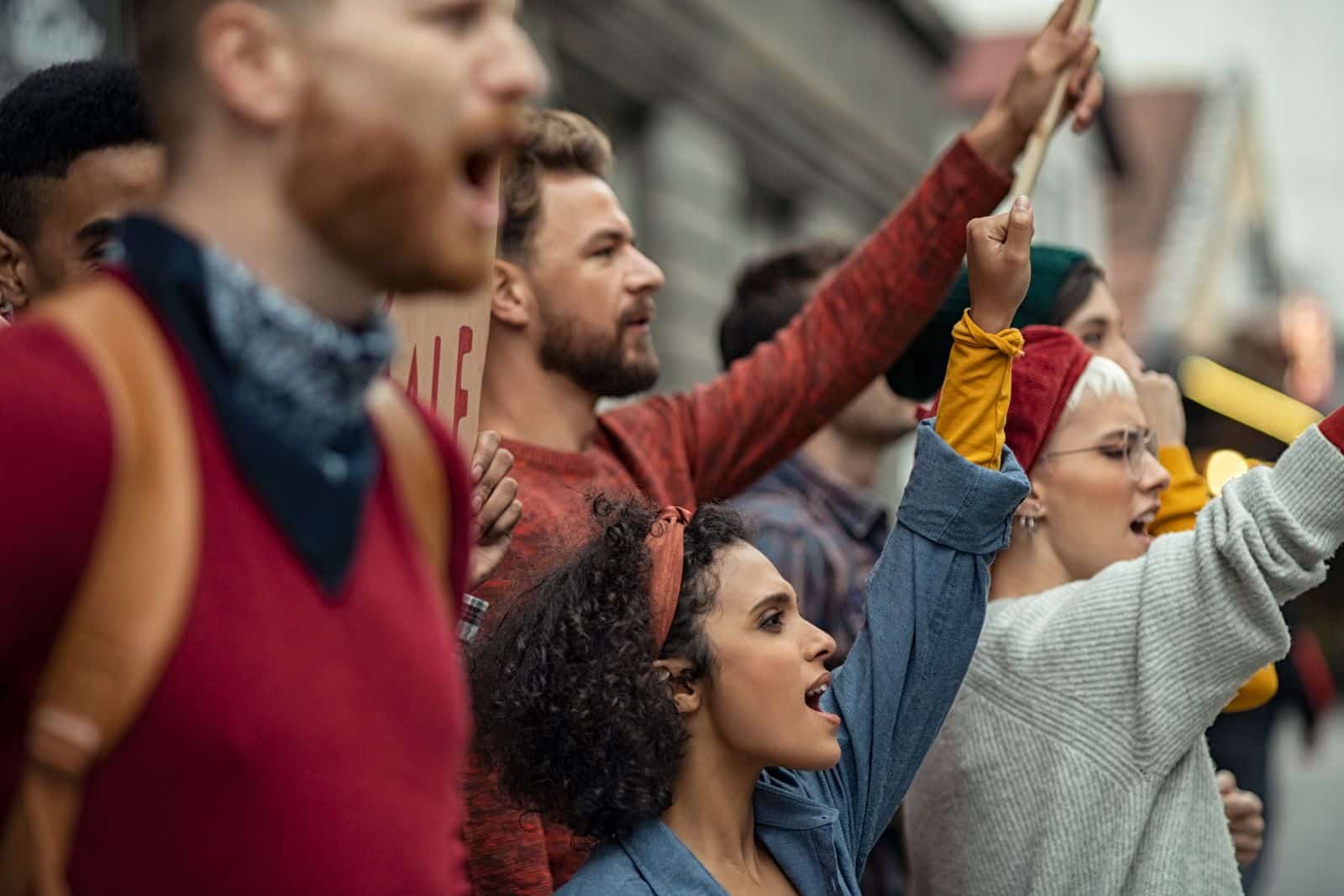
There’s a concern that focusing too much on identity might fracture rather than unite us. It could lead to a society where individual identities are pitted against each other, undermining social cohesion.
For: Progress and Adaptation

As society progresses, our understanding of gender must adapt. The acknowledgement of multiple genders is a reflection of our growing awareness of human diversity and the complexity of identities.
Against: Cultural Disruption

This shift could disrupt traditional cultures that have structured their social order around a binary gender system, potentially leading to cultural clashes and misunderstandings.
Evolving Views

As we continue to challenge and redefine what gender means, it’s crucial to approach the discussion with empathy, openness, and a readiness to embrace complexity. The path forward might not be clear, but it certainly should pave the way for greater inclusivity and understanding.
The post Understanding the Gender Debate: Are Two Genders Enough? first appeared on Lists Lovers.
Featured Image Credit: Shutterstock / Miriam Doerr Martin Frommherz.
For transparency, this content was partly developed with AI assistance and carefully curated by an experienced editor to be informative and ensure accuracy.

